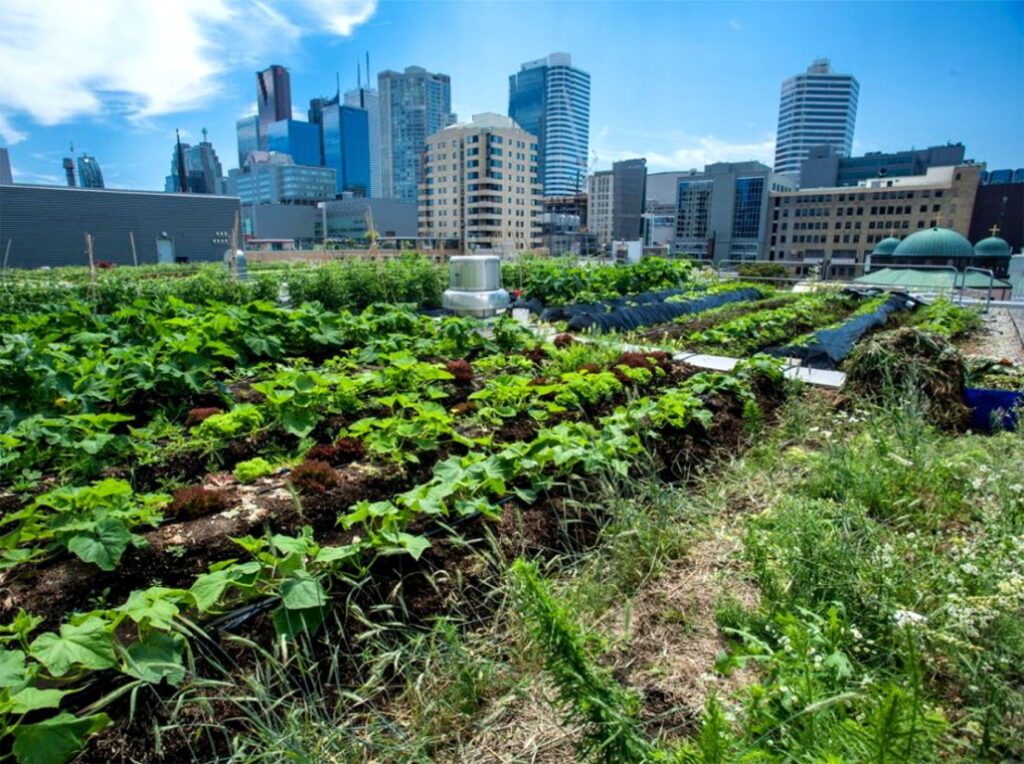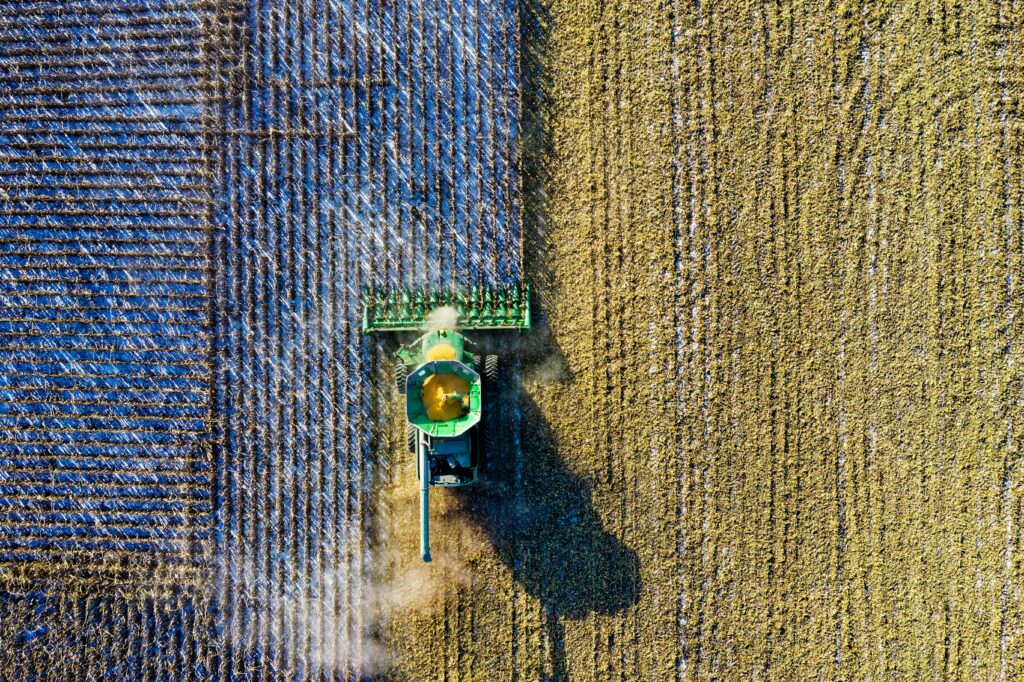Urban farming has gained significant traction across the United States as cities look for sustainable solutions to address food security, promote community development, and mitigate environmental challenges. Recognizing its potential, federal, state, and local governments have introduced policies and programs to encourage urban agriculture.
This article delves into the key government policies supporting urban farming in the USA and how they help foster greener and more resilient cities.
Why Urban Farming Matters
Urban farming integrates agriculture into city landscapes, offering numerous benefits:
- Food Security: Provides fresh, locally grown produce to underserved communities.
- Sustainability: Reduces transportation emissions and conserves resources like water.
- Community Building: Creates jobs, educates residents, and strengthens community ties.
- Climate Resilience: Green spaces improve air quality and combat urban heat islands.
These advantages have prompted policymakers to support urban farming initiatives through various programs and incentives.
Federal Policies Supporting Urban Farming
- Urban Agriculture and Innovative Production (UAIP) Program
- Managed by the USDA, this program funds projects that promote urban farming practices.
- Provides grants for infrastructure, education, and innovative technologies.
- Example: Grants for rooftop farming or vertical farming projects.
- Farm Bill Provisions for Urban Agriculture
- The 2018 Farm Bill introduced the Office of Urban Agriculture and Innovative Production within the USDA.
- Supports urban agriculture through grants, pilot programs, and technical assistance.
- Encourages innovative practices like hydroponics and aquaponics.
- Community Food Projects Competitive Grant Program (CFPCGP)
- Provides funding to urban and suburban communities to develop food projects.
- Aims to increase food self-reliance and address hunger in underserved areas.
- Environmental Quality Incentives Program (EQIP)
- Offers financial and technical assistance for environmentally friendly farming practices.
- Urban farmers can access support for water conservation and soil health initiatives.
State-Level Support for Urban Farming
State governments often complement federal programs with localized initiatives. Examples include:
- California’s Urban Agriculture Incentive Zones Act (UAIZ)
- Offers tax incentives to property owners who dedicate vacant urban land to agriculture.
- New York City’s GreenThumb Program
- Provides funding, training, and resources to community gardens across the city.
- Helps urban farmers access city-owned land for cultivation.
- Michigan Urban Agriculture Ordinances
- Promotes urban farming through zoning laws that simplify land access for agricultural purposes.
- Illinois Local Food, Farms, and Jobs Act
- Encourages urban agriculture to strengthen local food systems and create employment opportunities.
Local Policies and City Programs
Cities across the USA have implemented innovative policies to promote urban farming:
- Chicago’s Urban Agriculture Zoning Ordinances
- Allows urban farming on vacant lots and rooftops.
- Supports projects like Growing Power, a leader in urban farming initiatives.
- Atlanta’s AgLanta Initiative
- Aims to make Atlanta a model urban agriculture city.
- Provides resources for urban farms and gardens, focusing on food deserts.
- Los Angeles’ Urban Agriculture Incentive Zones (UAIZ)
- Encourages residents to convert unused land into urban farms by offering tax benefits.
- Seattle’s P-Patch Community Gardening Program
- Supports over 80 community gardens with resources and technical assistance.
Tax Incentives and Financial Support
- Conservation Reserve Program (CRP)
- Provides financial incentives for landowners to convert environmentally sensitive areas into agricultural spaces.
- Tax Rebates for Green Infrastructure
- Many cities offer tax incentives for green infrastructure projects, including urban farms and rooftop gardens.
How Urban Farmers Can Access Support
- Apply for Grants: Programs like the CFPCGP and UAIP provide grants for urban agriculture projects.
- Leverage Local Ordinances: Familiarize yourself with local zoning laws that support urban farming.
- Utilize Technical Assistance: Programs like EQIP offer resources for sustainable farming practices.
- Join Cooperative Networks: Collaborate with community organizations and urban farming networks to share resources and knowledge.
Benefits of Government Support for Urban Farming
- Empowering Communities: Policies help bring fresh food to underserved neighborhoods.
- Job Creation: Urban farms generate employment opportunities in agriculture and technology.
- Environmental Conservation: Incentives promote sustainable practices like composting and water conservation.
- Innovation: Funding supports research into cutting-edge farming techniques like hydroponics and aquaponics.
Government policies in the USA are paving the way for the growth of urban farming. From federal grants to local zoning ordinances, these programs provide the financial and technical support needed to make urban agriculture a cornerstone of sustainable cities. Whether you’re a new urban farmer or an established grower, leveraging these policies can help you build a successful and impactful farm.
Are you ready to start your urban farming journey? Share your thoughts or questions in the comments below!





